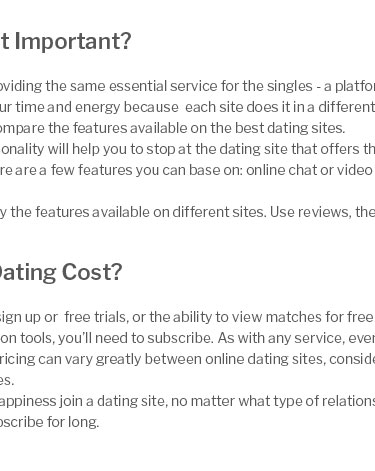 |
 |
|---|
|
|
|
|---|---|
 |
 |
 |
 |
|---|---|
 |
|
 |
|
 |
|
 |
|
 |
|
 |
|
 |
|
 |
|
 |
|
 |
|
 |
|
 |
|
 |
 |
 |
|---|
having an affair: choices and consequencesWhat “having an affair” usually meansAt its core, having an affair describes a romantic or sexual connection that occurs outside an existing commitment, often without a partner’s informed consent. It can be physical, emotional, or both. Emotional secrecy is still secrecy. Many people experience an affair as a breach of agreed boundaries rather than a specific act.
Motivations and realitiesCommon motivations
Complications to expect
Short thrill, long tail of consequences. Risks, ethics, and consentAffairs often rely on deception, which undermines trust. Ethical concerns expand beyond partners to include children, friends, colleagues, and communities affected by the fallout. Non‑negotiable boundaries to consider
Consent without honesty is not real consent. Digital discretion and discoveryMessages, cloud backups, and synced devices leave traces. Even a seemingly private email affair can surface through notifications, shared calendars, or metadata. Assume that anything written or recorded may be seen by others.
If you would be ashamed to read it aloud, pause. Temptation and social dynamicsAttraction happens; acting on it is a choice. Platforms for casual connection, including hookup singles, can amplify impulse and opportunity. Reflect on motives and consequences before engaging. Questions to ask yourself
Alternatives to an affairIf there are unmet needs, try direct, compassionate strategies that preserve integrity.
Repair first, replace second. If you already crossed a lineAccountability can reduce harm and clarify next steps.
Healing is possible, but it requires truth and consistent action. Frequently asked questions
https://damelegal.com/blog/signs-spouse-having-affair/
The signs of cheating look different in every relationship, but there are multiple items you can look for to determine if your spouse is having an affair. https://www.relate.org.uk/relationship-help/help-relationships/affairs/ive-found-out-my-partner-having-affair-what-should-i-do
I've found out my partner is having an affair, what should I do? - Give yourself some time. - Talk to your partner - Ask your partner to tell you the truth, however painful. https://www.mariemurphyphd.com/post/non-judgmental-advice-for-people-having-an-affair-part-i
The single most common reason clients seek me out is that they're having an affair and want help figuring out what to do. And when I explain this to someone ...
|
|---|